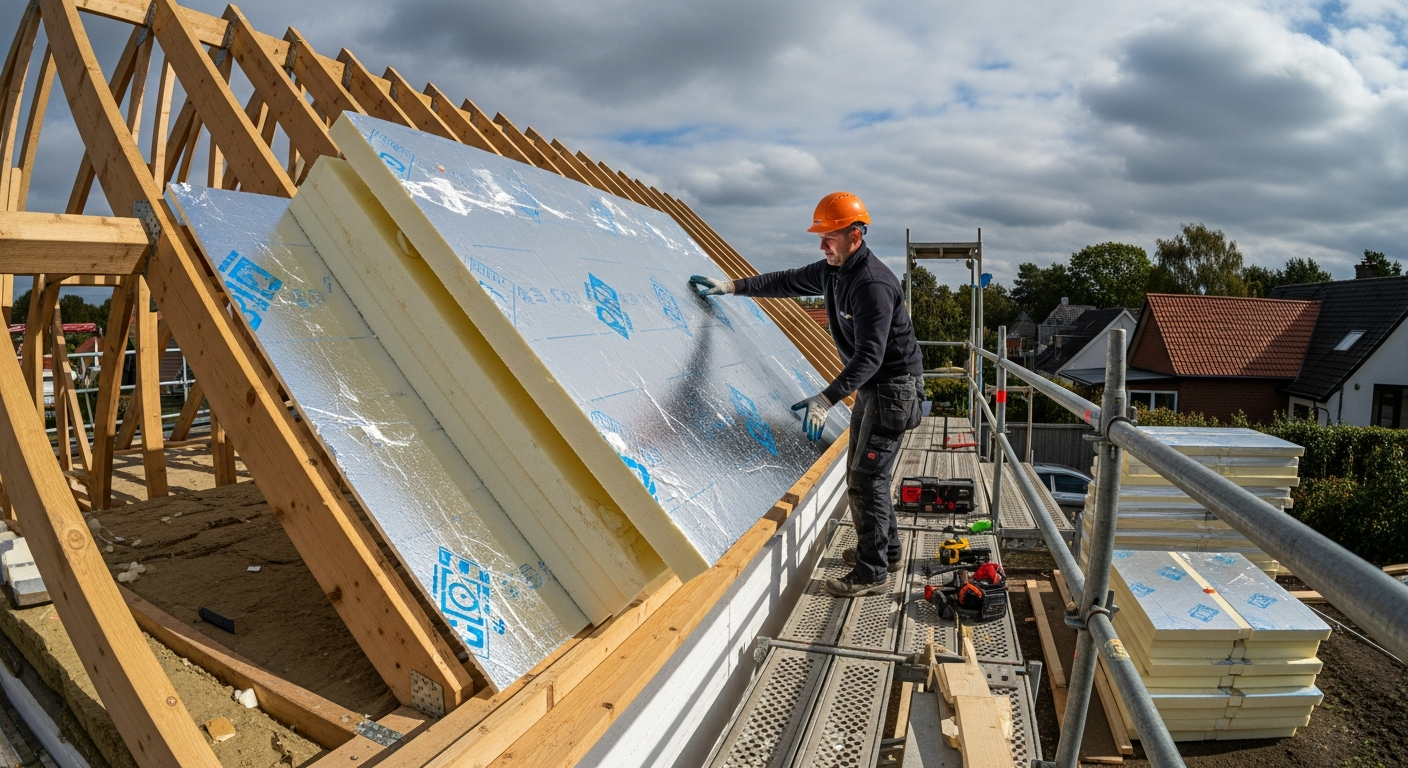Title: Navigating the Legal Labyrinth of Space Debris Liability
Introduction: As humanity's presence in space expands, so does the challenge of managing orbital debris. This article delves into the complex legal landscape surrounding space debris liability, exploring international agreements, national policies, and the emerging field of space law. We'll examine the current framework, recent developments, and the challenges that lie ahead in this cosmic legal frontier.

The Outer Space Treaty: A Foundation for Space Law
The 1967 Outer Space Treaty serves as the cornerstone of international space law. While it doesn’t explicitly address space debris, it establishes key principles that inform current legal approaches. Article VII of the treaty states that launching states are internationally liable for damage caused by their space objects. This principle has been instrumental in shaping subsequent agreements and national policies regarding space debris liability.
The Liability Convention: Assigning Responsibility
Building on the Outer Space Treaty, the 1972 Convention on International Liability for Damage Caused by Space Objects, commonly known as the Liability Convention, provides more specific guidelines. It establishes a fault-based liability regime for damage caused in space and absolute liability for damage caused on Earth or to aircraft in flight. However, the convention’s application to space debris remains ambiguous, particularly when it comes to identifying the origin of small, untrackable debris.
National Space Debris Mitigation Guidelines
In response to the growing space debris problem, many spacefaring nations have developed their own debris mitigation guidelines. The United States, for instance, has implemented the Orbital Debris Mitigation Standard Practices, which require satellite operators to develop end-of-life plans for their spacecraft. These national guidelines often exceed international standards and play a crucial role in shaping industry practices and liability considerations.
The Role of the UN COPUOS
The United Nations Committee on the Peaceful Uses of Outer Space (COPUOS) has been at the forefront of international efforts to address space debris. In 2007, COPUOS adopted a set of voluntary Space Debris Mitigation Guidelines, which have since been widely accepted by the international community. These guidelines encourage practices such as limiting debris released during normal operations and minimizing the potential for post-mission break-ups.
Challenges in Enforcing Space Debris Liability
Despite existing treaties and guidelines, enforcing liability for space debris remains challenging. The difficulty in tracking and identifying the source of debris, especially for smaller fragments, complicates the assignment of fault. Additionally, the long-term nature of space debris accumulation means that damage may occur years or even decades after an object is launched, further complicating liability issues.
Emerging Legal Approaches to Space Debris
As the space debris problem intensifies, new legal approaches are being explored. One proposed concept is an international space traffic management system, which would establish rules and procedures for coordinating space activities and mitigating debris. Another approach involves the development of an international fund to cover damages caused by unidentifiable space debris, similar to models used in maritime law for oil spill compensation.
The Future of Space Debris Liability Law
The rapid growth of commercial space activities and the increasing number of countries engaging in space exploration are driving the evolution of space debris liability law. Future legal frameworks will likely need to address issues such as in-orbit servicing, active debris removal, and the potential use of space-based lasers for debris mitigation. As technology advances, the law must keep pace to ensure the sustainable use of Earth’s orbital environment.
Conclusion
The legal landscape surrounding space debris liability is complex and rapidly evolving. While existing international treaties and national guidelines provide a foundation, significant challenges remain in addressing the growing threat of orbital debris. As we continue to expand our presence in space, it is crucial that the international community works together to develop comprehensive, enforceable legal frameworks that ensure the responsible use of Earth’s orbital environment and protect the future of space exploration.






